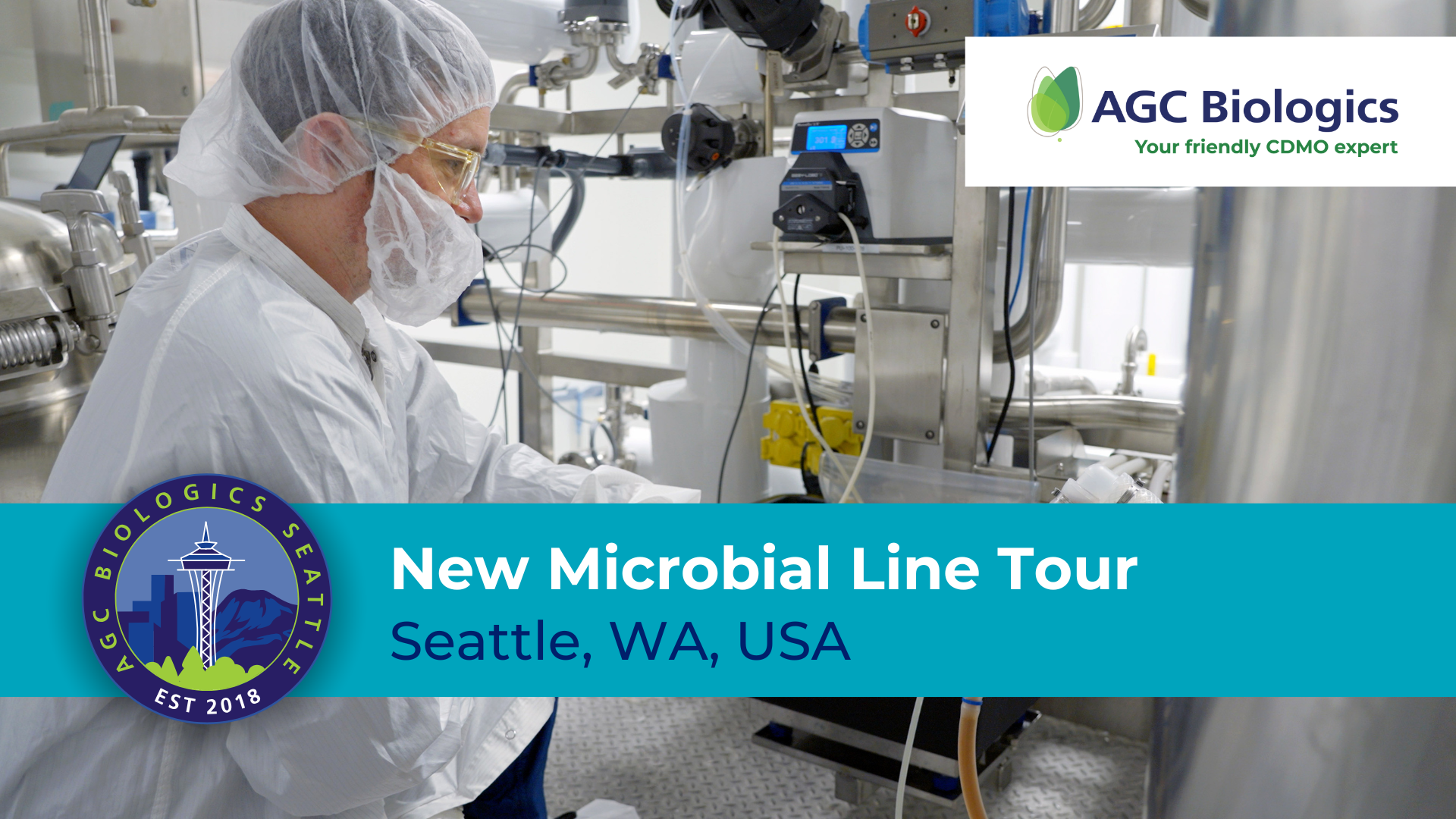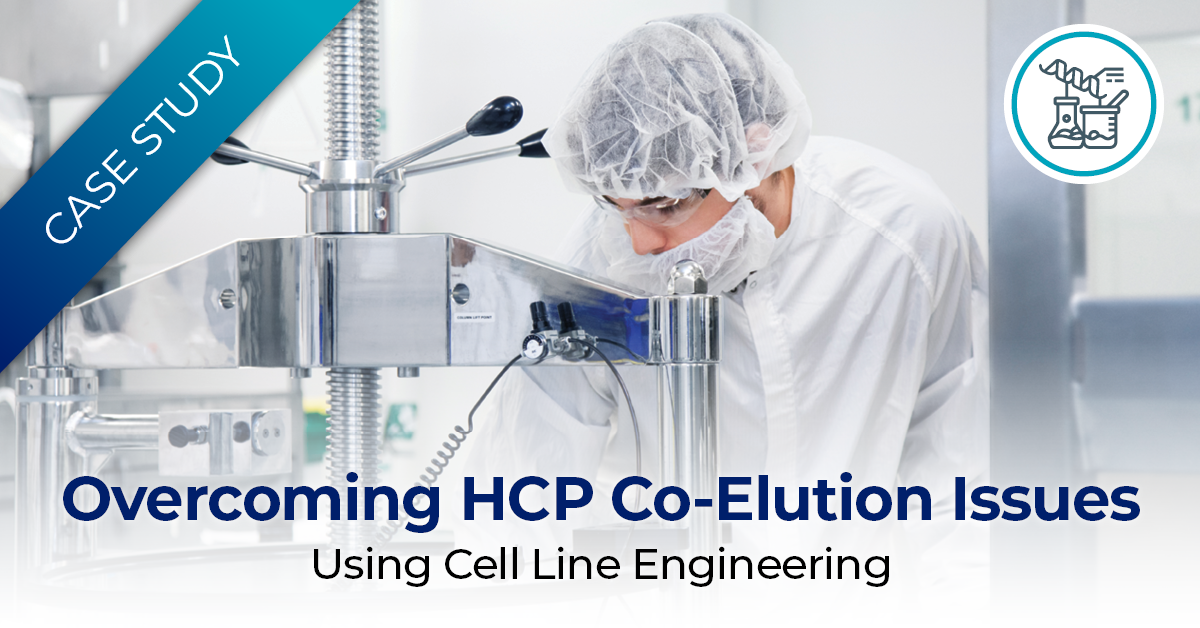
An Overview of cGMP Compliance in the Biologics Market
The biologics market is characterized by an evolving regulatory landscape that places significant focus on cGMP (current Good Manufacturing Practices) compliances. Biologics manufacturers have an obligation to ensure their products meet safety, quality, and efficacy standards necessary to obtain approval from international health agencies such as the FDA and EMA. Remaining cGMP compliant can be a challenging endeavor, so leading biologics manufacturers foster a culture of product quality throughout all levels of the organization, placing continuous emphasis on product innovation, process intelligence, and continual improvement of existing processes via internal audits and other approaches. Ultimately, investing in these regulations and protocols is an important part of innovating safe, effective therapies quickly and reliably.
The Benefits of Adopting cGMP Standards in Biologics Manufacturing
The measures taken through cGMP regulations come with the potential to reduce costs by optimizing processes and producing higher quality products or services. While cGMP certification is not always required, it serves as a way to demonstrate that manufacturers have taken the time to develop regulations and procedures to create quality control systems. These measures effectively reduce potential errors on the part of technicians, increase inventory control, and help to ensure patient safety. In addition, remaining compliant with industry standards for cGMP can help biologics manufacturers establish credibility with customers and other organizations in the industry. As such, an organization’s adherence to these quality standards is more crucial than ever before for better brand protection and customer trust.
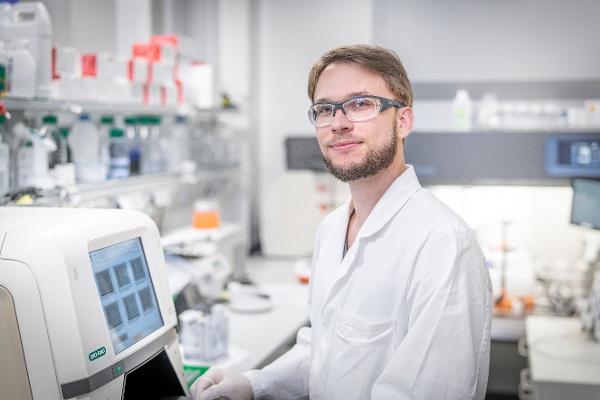
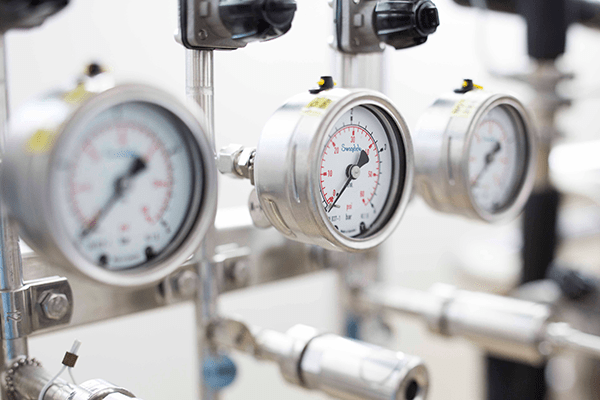
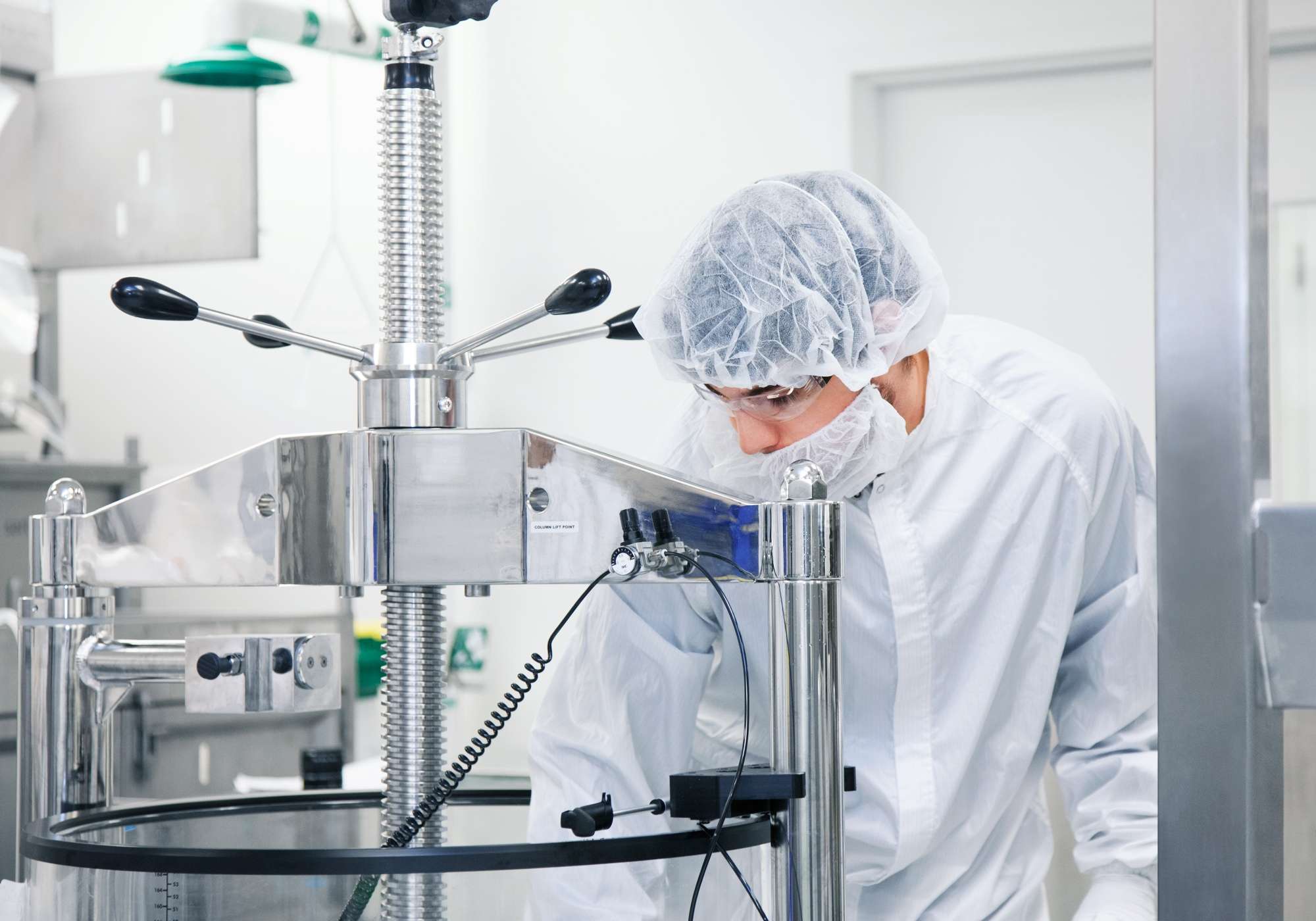
Understanding the Different Quality Requirements for Biologicals
Articulating and implementing cGMP standards presents a range of challenges, from procuring personnel with the requisite knowledge and experience to ensuring that existing processes are updated. Perhaps most difficult is providing sufficient training and empowering staff to ensure those standards are consistently applied. Quality control needs to be continuously monitored, regularly adjusted, and leveraged to provide feedback that allows companies in the industry to modify their processes for improved outcomes. It is important that organizations have a deep understanding of the various aspects at play in ensuring the safety and efficacy of these products. Those include sterile manufacturing procedures, product label integrity, packaging requirements, expiration date validation processes, and tracking product characteristics such as potency and activity. It is critical that an organization applies its expertise together with a highly organized approach in developing robust systems for providing quality assurance for each individual biological.
Strategies to Ensure Effective Implementation of cGMP Compliance
Ensuring effective implementation of cGMP compliance requires careful planning and consistent monitoring of standards across various areas of the production process. It is important to allocate resources efficiently while making sure that personnel, materials, equipment and other needed components are readily available to minimize downtime. Companies must engage an experienced project manager to initiate risk assessments prior to commencing activities, create a comprehensive plan for maintenance, and document any deviations from standard operating procedures. Additionally, teams must collaborate with third-party partners or vendors to maintain baseline requirements for quality control systems and supplier management protocols. Finally, regular auditing of product samples can help identify any issues proactively so that timely corrective action can be taken. With the proper initiative in place through these strategies, organizations can ensure that cGMP compliance is successfully implemented on an ongoing basis.
Leveraging Automation Technologies for Improved Quality Control and Compliance
As emerging technologies further shape modern production methods, cGMP can help businesses stay up-to-date with current best practices for producing high quality products efficiently and cost effectively. Automation technologies increasingly offer businesses an unprecedented level of control and efficiency over their operations. Leveraging automated systems for improved quality control and compliance ensure higher standards of performance with increased accuracy and reliability. Automation technologies such as machine learning and artificial intelligence can be used to automate routine processes like testing, audits, check-ins, periodic reviews, etc., thereby streamlining the overall process while ensuring compliance. Automation also eliminates delays in production lines due to decreased reliance on manual labor and reduces the chances of errors occurring due to inconsistency between operating personnel. The potential that automation technology has for improving quality control and ensuring compliance should not be overlooked by any biologics manufacturer seeking to meet the increasing and diversified demand.
All in all, cGMP compliance is essential for the biologics market because of the need to meet stringent standards of quality and safety. Adopting cGMP standards and leveraging automation technologies yield many benefits, such as improved quality control and cost savings. Although there are many challenges when it comes to enforcing quality assurance, there are a variety of tools available to help companies stay compliant. In order to efficiently navigate these challenges and benefit from all the potential advantages of cGMP compliance, it’s important for organizations to ensure that they have access to the up-to-date information, experienced collaborators, robust automation solutions, and supportive partners. To find out more about how AGC Biologics can meet cGMP compliance goals for your project, contact us!
